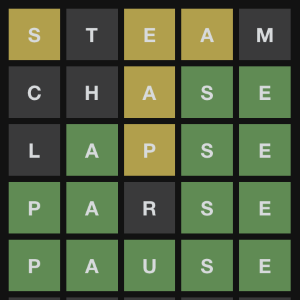 It may seem that sanctions on Russia are based on ethics, that we're making economic sacrifices for ideals. But a lot of ethical decisions are just non-short-sighted practical decisions. The reason so many countries are coming down hard on Russia, is that the world is poised to get more dangerous, with climate catastrophes and resource shortages looming. And in that global environment, the last thing we want is countries invading each other willy-nilly.
It may seem that sanctions on Russia are based on ethics, that we're making economic sacrifices for ideals. But a lot of ethical decisions are just non-short-sighted practical decisions. The reason so many countries are coming down hard on Russia, is that the world is poised to get more dangerous, with climate catastrophes and resource shortages looming. And in that global environment, the last thing we want is countries invading each other willy-nilly.Maybe we'll fail, and by 2050 there will be wars all over. After WWI they tried to make a League of Nations to prevent another war, and of course that didn't work. But it had never been tried before, and I think we're getting better at it.
It's funny how certain combinations of words can take on meanings far beyond the meanings of the words themselves. If someone says "New World Order", what they're saying is: I fear a society coming soon, which will be 1) global, 2) repressive, 3) planned, and 4) stable.
I don't fear that, because you can't have all those things at once. It's hard to even have two of them. The trend, at this juncture of history, is almost the opposite: 1) balkanization, 2) more attention to human rights, 3) more need for improvisation, and 4) rapid change.
The old-school authoritarians are playing chess, and the rest of the world is playing Wordle. Chess is a steady marshalling of forces toward a clear objective, in which a single mistake can be fatal. Wordle is a series of wrong answers on the path to a right answer that you don't even know until you get there.]]>